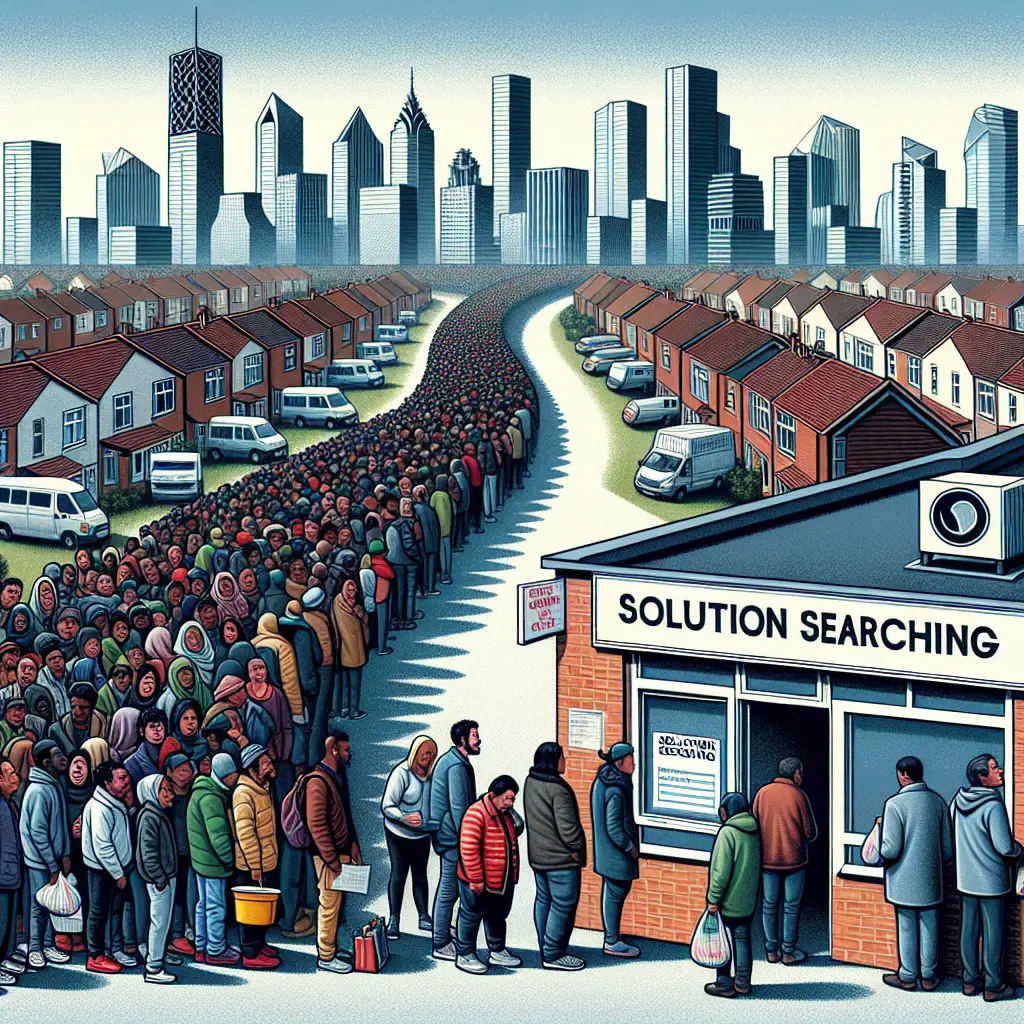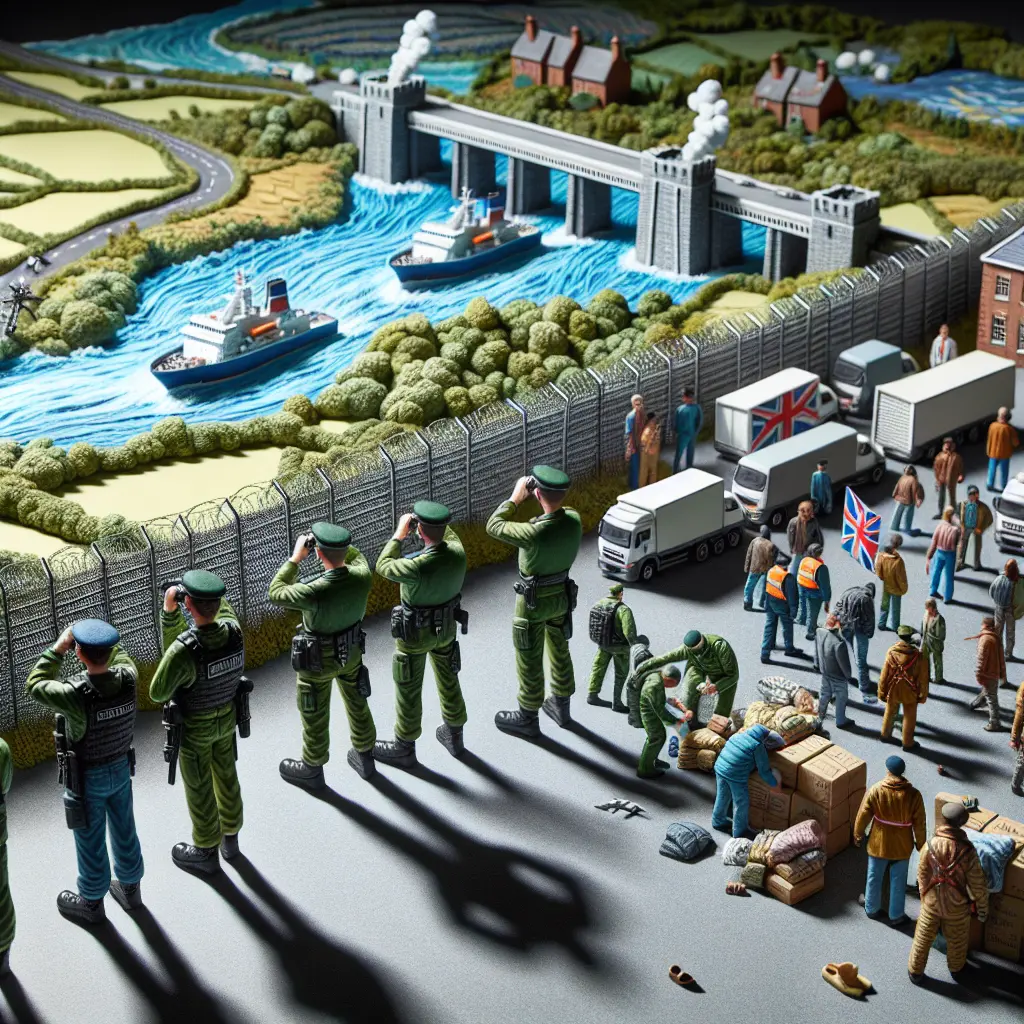The intersection of local UK elections and immigration policy is taking center stage as political parties vie for influence and set the agenda for the nation’s future.
The upcoming English local elections on May 1 are not just about who controls councils—they are a litmus test for shifting public sentiment and evolving national debates, especially those surrounding UK immigration. As council seats across traditional Conservative strongholds come up for grabs, all eyes are on parties like Labour, the Conservatives, and notably, Nigel Farage’s Reform Party, which is campaigning on a platform closely tied to immigration reform and border control.
Reform Party’s Focus on Immigration
Nigel Farage’s Reform Party has made clear its intention to capitalize on concerns over immigration, a topic that continues to resonate with many voters. Their campaign rhetoric emphasizes stricter border controls by advocating for tighter policies and stronger enforcement, a reduction in net migration to appeal to those who feel communities have changed too quickly, and a reform of asylum procedures by calling for expedited processes and, in some cases, offshoring asylum seekers. Success in these local elections could signal a growing appetite for tougher immigration stances and embolden other parties to recalibrate their own policies.
What’s at Stake for Immigration Policy? Local councils may not directly set immigration laws, but they play a vital role in implementing policies at the community level—whether it’s managing social services for newcomers or responding to changes in housing demand. When parties with strong views on immigration gain ground locally, it can influence community cohesion through integration initiatives and local funding, impact public sentiment by reflecting or amplifying concerns about the pace and nature of immigration, and send national policy signals to Westminster about voter priorities that may shape future immigration legislation.
Indicators of Change: The Significance of Local Election Outcomes
For Nigel Farage’s Reform Party, a “good night” would involve winning council seats, particularly in Conservative heartlands—an indicator of shifting attitudes among traditional Tory voters. Strong vote shares, even without victories, would demonstrate widespread support for stricter immigration policies. Moreover, high-profile local successes could influence the national debate by pressuring mainstream parties to respond more directly to voter concerns about immigration.
The results from these elections serve as a barometer for public opinion and can set the tone for national debates on immigration. If parties campaigning on tougher policies make gains, there may be increased calls for policy reform at the national level, greater scrutiny of current government approaches to migration and asylum, and more polarized discussions regarding effective border management.
As local elections unfold across England, the interplay between grassroots politics and national immigration debates becomes more pronounced. The outcomes will not only shape local governance but could also recalibrate the broader conversation around who comes to live and work in the UK, and under what terms.
For those invested in the future of UK immigration—whether as policymakers, migrants, or concerned citizens—the coming days offer an important snapshot of where the country may be headed.
Conclusion: What Lies Ahead for UK Immigration Policy
For further reading on this pivotal electoral moment and its implications for UK politics and immigration policy, see the original article here.
Thank you for joining as we track these vital developments at the intersection of local democracy and UK immigration. Staying informed and engaged is crucial as these issues continue to evolve.
Stay informed, stay engaged, and let your voice be heard.
The intersection of grassroots elections and national policy debates will remain a key space to watch as the UK determines its path forward on immigration.









Leave a Comment